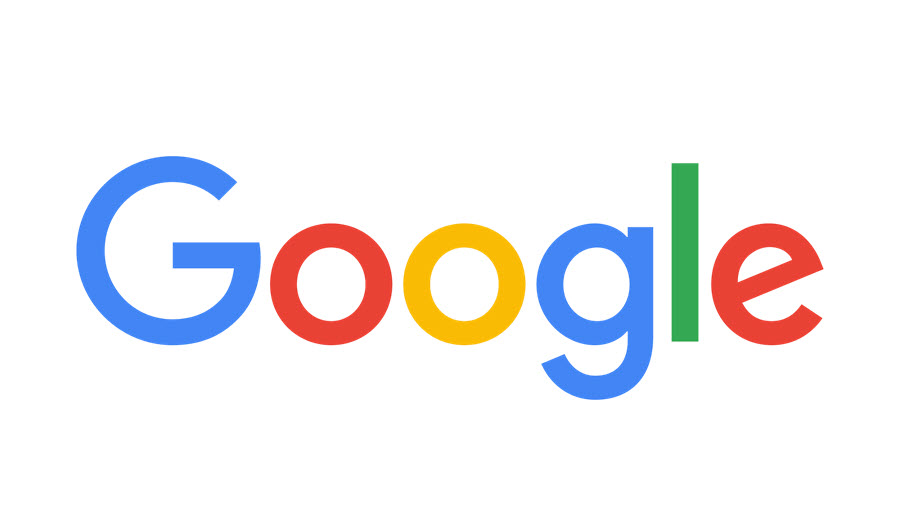Google Pitches Trump Administration on Dynamic Spectrum Sharing

The smarter way to stay on top of broadcasting and cable industry. Sign up below
You are now subscribed
Your newsletter sign-up was successful
Google has told the Trump Administration that dynamic spectrum sharing should be a key element of any national spectrum policy.
That is the spectrum database-based technology it and Microsoft have been pushing for use in the "white spaces" between TV channels.
"Government policies that incorporate opportunistic spectrum use can enable more efficient use, lowering barriers to entry for new products, applications, and use cases, which are essential for economic development and achieving 5G," it told the National Telecommunications & Information Administration in comments this week on President Trump's proposed national spectrum plan on which the White House is seeking government agency and private stakeholder comment.
Related: Senators Press FCC for Action on White Spaces
"At the same time, effective use of databases is fully compatible with traditional licensing in the same spectrum bands, enabling wireless carriers and other providers to meet quality of service needs," Google said.
That is the point unconvinced broadcasters want the government to verify, if it can, before opening the white spaces floodgates.
Google suggests the verdict on dynamic spectrum sharing in the TV "white spaces is already in: "[A]lthough the utility of television white spaces spectrum has been limited due to lack of available bandwidth and shifting regulations, databases have proved up to the challenge of verifying available spectrum and successfully preventing harmful interference to broadcast television and licensed wireless microphones."
The smarter way to stay on top of broadcasting and cable industry. Sign up below
While Google and broadcasters diverge over how effective TV white spaces databases have performed, it is on the same page as cable operators about the need for a spectrum policy that includes both licensed and unlicensed spectrum.
"To ensure that spectrum is available to meet increasing demand, the National Spectrum Strategy also should incorporate a balance between licensed and unlicensed designations, in addition to both exclusive and shared access," Google told NTIA. "Unlicensed technologies like WiFi and Bluetooth have generated tremendous economic wealth, directly or indirectly contributing billions of dollars to the nation’s gross domestic product."
Contributing editor John Eggerton has been an editor and/or writer on media regulation, legislation and policy for over four decades, including covering the FCC, FTC, Congress, the major media trade associations, and the federal courts. In addition to Multichannel News and Broadcasting + Cable, his work has appeared in Radio World, TV Technology, TV Fax, This Week in Consumer Electronics, Variety and the Encyclopedia Britannica.

